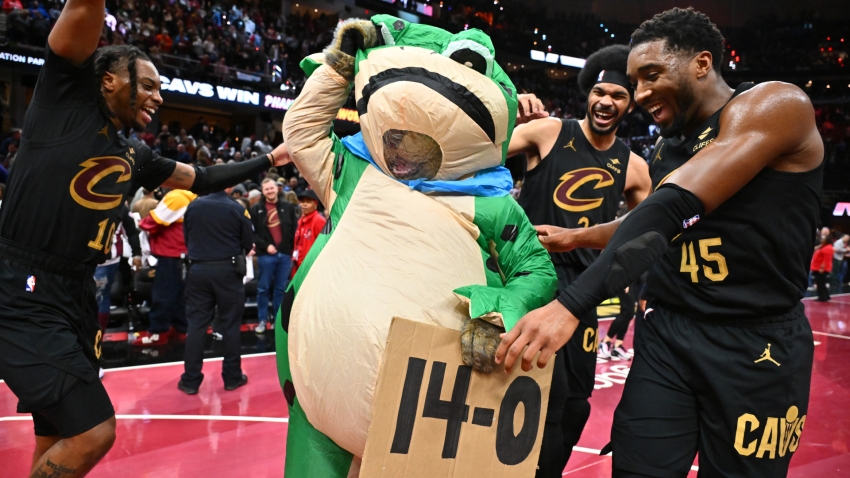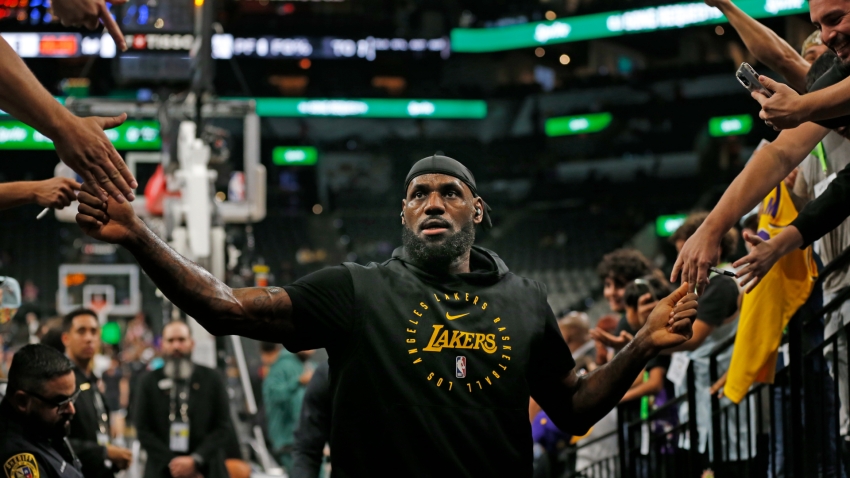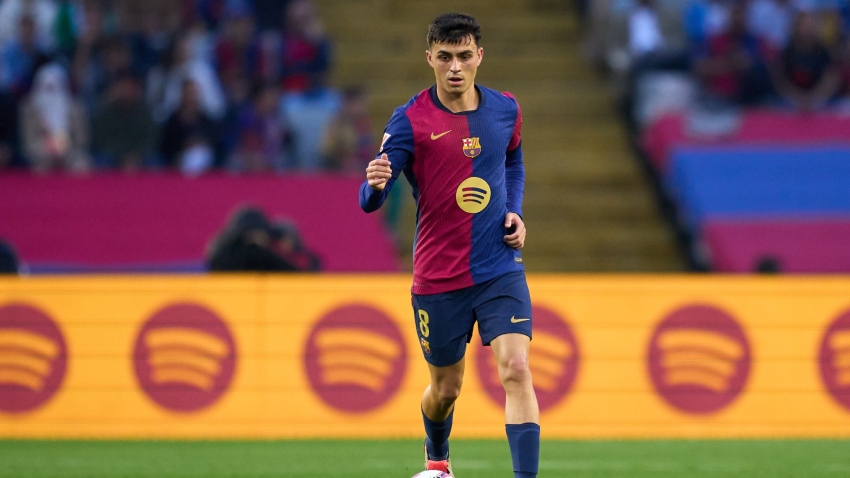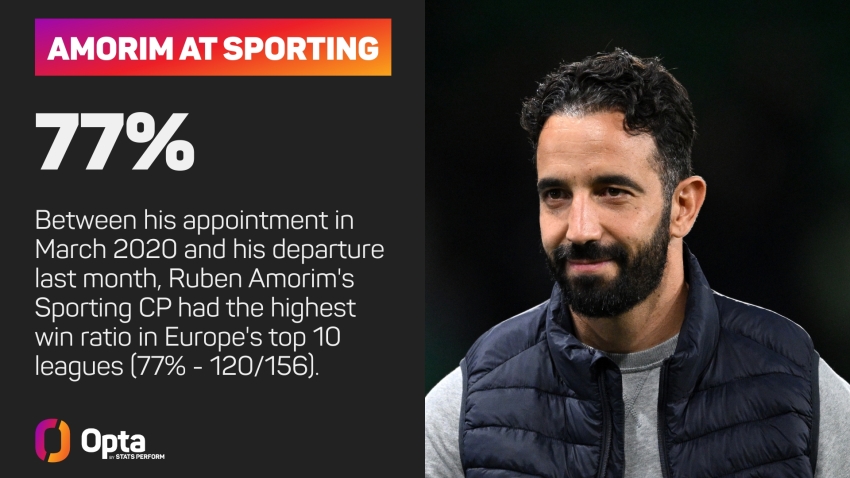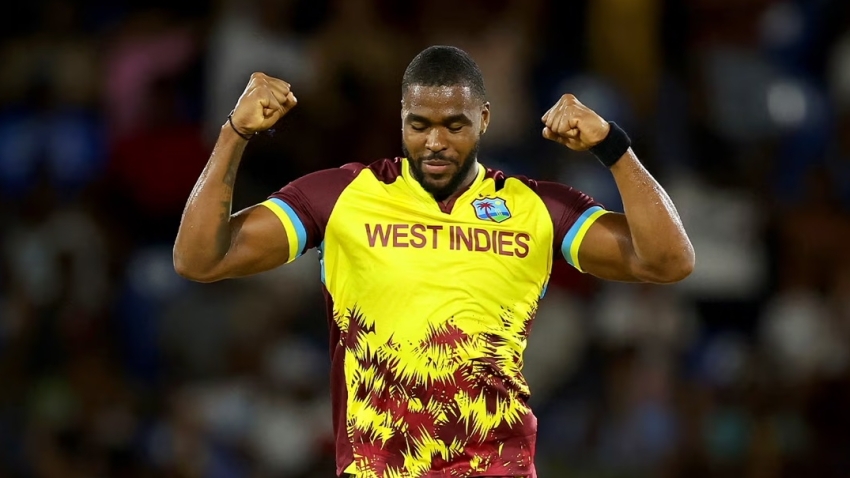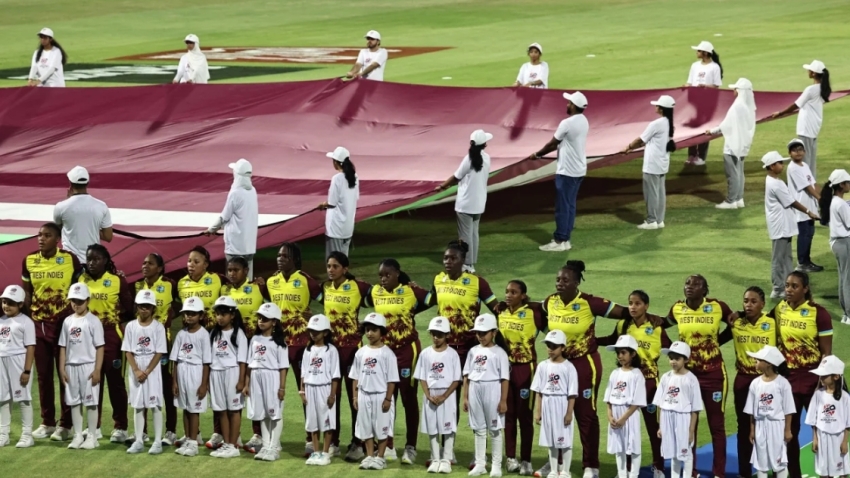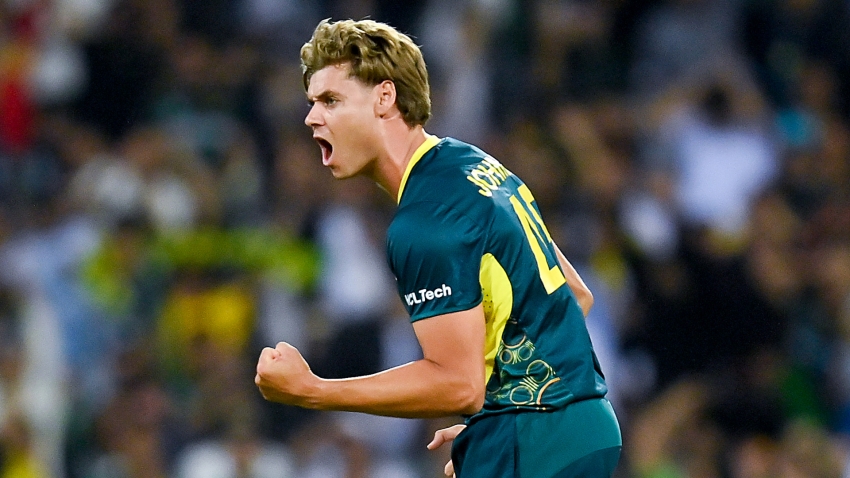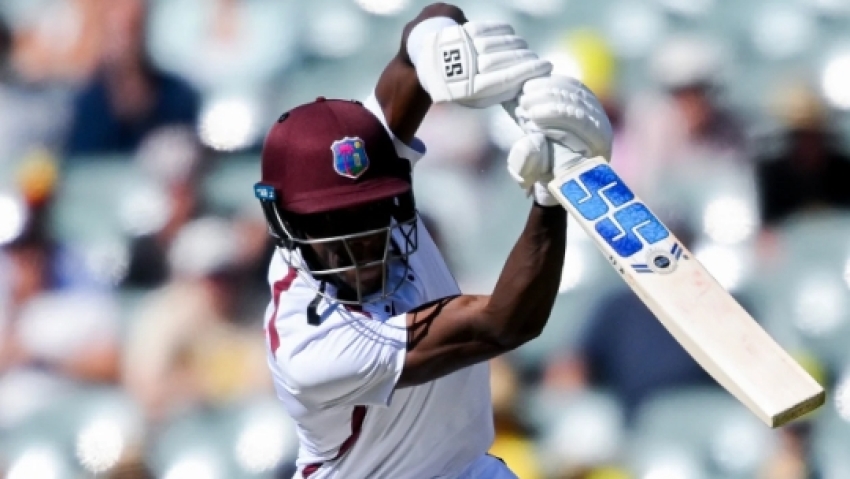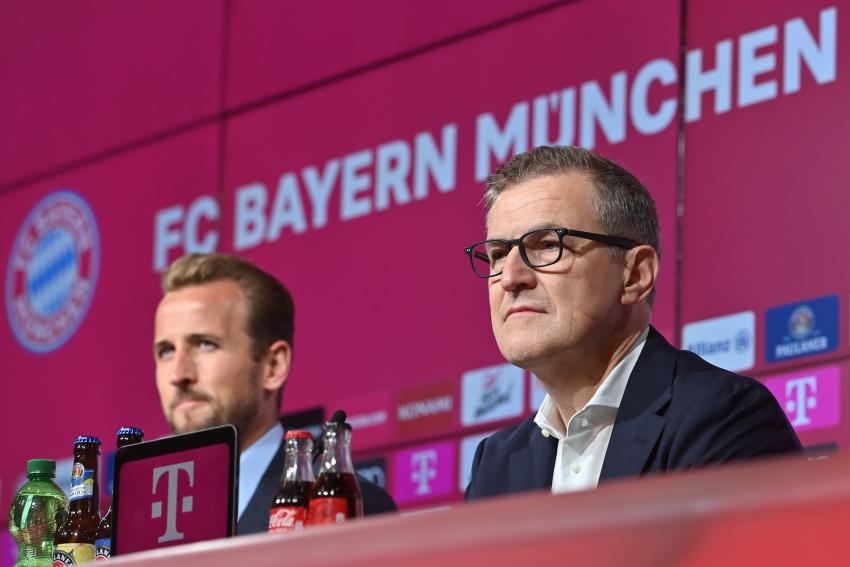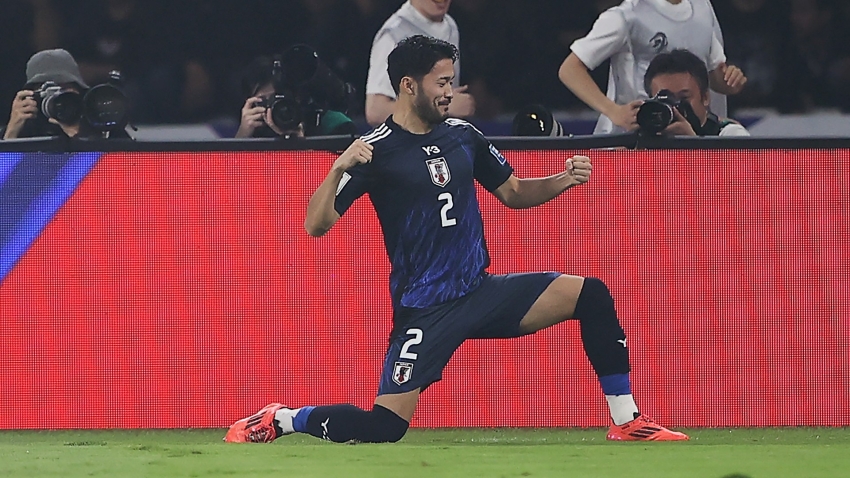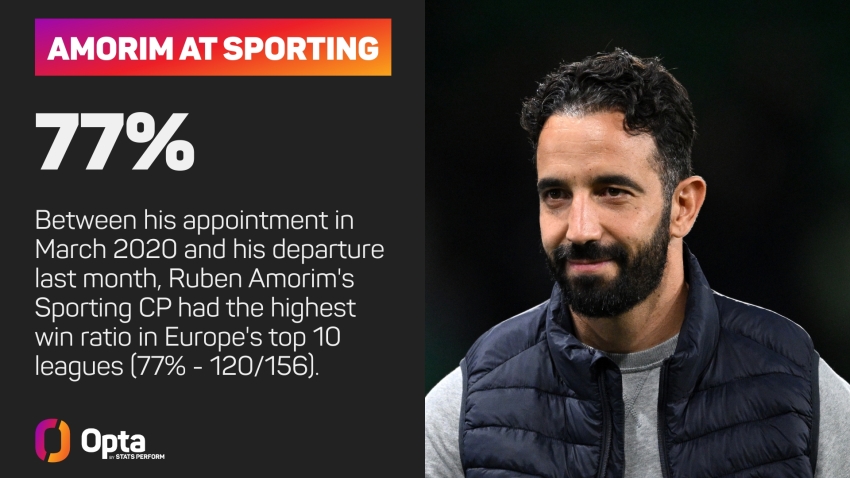The Champions League risks becoming a travelling circus if matches are taken outside Europe, according to the boss of one of the continent’s leading clubs.
UEFA president Aleksander Ceferin hinted in April that a Champions League final could be played in the United States in the future, while sources close to the European Club Association have also spoken favourably about playing a revamped Super Cup in the US in the years ahead.
However, the chief executive of Bayern Munich, Jan-Christian Dreesen, gave the idea short shrift at the ECA’s General Assembly in Berlin on Thursday.
“For sure we have to develop our tournament, but on the other side my personal view is quite clear. We are not the Cirque du Soleil,” he said.
“We have a European championship, and we have to play our matches in Europe.”
Dreesen, one of the ECA vice-chairs, also insisted European football did not need to be “afraid” of the rising influence of the Saudi league, with its clubs having spent more than £700million on Europe-based players this summer.
“I think we shouldn’t be worried about that,” he added.
“We will have to see in the future if it’s sustainable and then we will handle it. And as Nasser (Al Khelaifi, ECA chairman) has said already, we have a fantastic competition, we have this tradition with the European clubs, so we don’t have to be afraid.”
UEFA announced a new Memorandum of Understanding with the ECA on Wednesday which included an agreement on how money earned from European club competitions should be split.
Solidarity payments to clubs not playing in European competitions will rise from four to seven per cent in the 2024-27 cycle, while there is also a combined 10 per cent uplift in the percentage of revenue set aside for participation and performance. The proportion allocated to clubs based on their historic coefficient and the size of their country’s television market pool will be reduced by the same amount.
While the new distribution model has been widely welcomed, two bosses from mid-sized European clubs said the disparity in revenues between domestic leagues was the bigger issue affecting competitive balance across the continent.
Celtic chief executive and ECA vice-chair Peter Lawwell said: “Celtic as the champions in Scotland receive just over £3m, if you are relegated from the EPL (English Premier League) you get £140m.
“The main factor is the domestic competitions.”
Dariusz Mioduski, the president of the management board at Polish club Legia Warsaw, added: “What has been done now with the (European) distribution….doesn’t fix the leagues. It will never fix the problem.
“This is the challenge for Europe in the future to look at that because today what you have is an inherent issue in European football where clubs are limited in their revenues to the domestic markets but they have to compete across Europe for talent.
“Unless you somehow fix that, or at least address it, the problem will be getting bigger and bigger and there is no way to fix it by sharing more and more money through European competitions, it has to be done through something else.”
ECA chair Al Khelaifi was asked whether he expected the three clubs still outside the organisation following the 2021 Super League breakaway attempt – Barcelona, Juventus and Real Madrid – to have returned within a year’s time.
Juventus have begun the process of leaving the Super League, but have not yet been readmitted to the ECA.
“They (the three clubs) are most welcome back,” Al Khelaifi said.
“(They were a group of) three, but now only two. So every six months there’s one less, which is good. They are going slowly, but in the right way.”
Earlier in the day, Manchester City chief executive Ferran Soriano was elected as the Premier League’s sole representative on the ECA board.
Lawwell and Arsenal chief executive Vinai Venkatesham were appointed to the separate ECA-UEFA Joint Venture board which manages commercial matters related to Europe’s club competitions.


